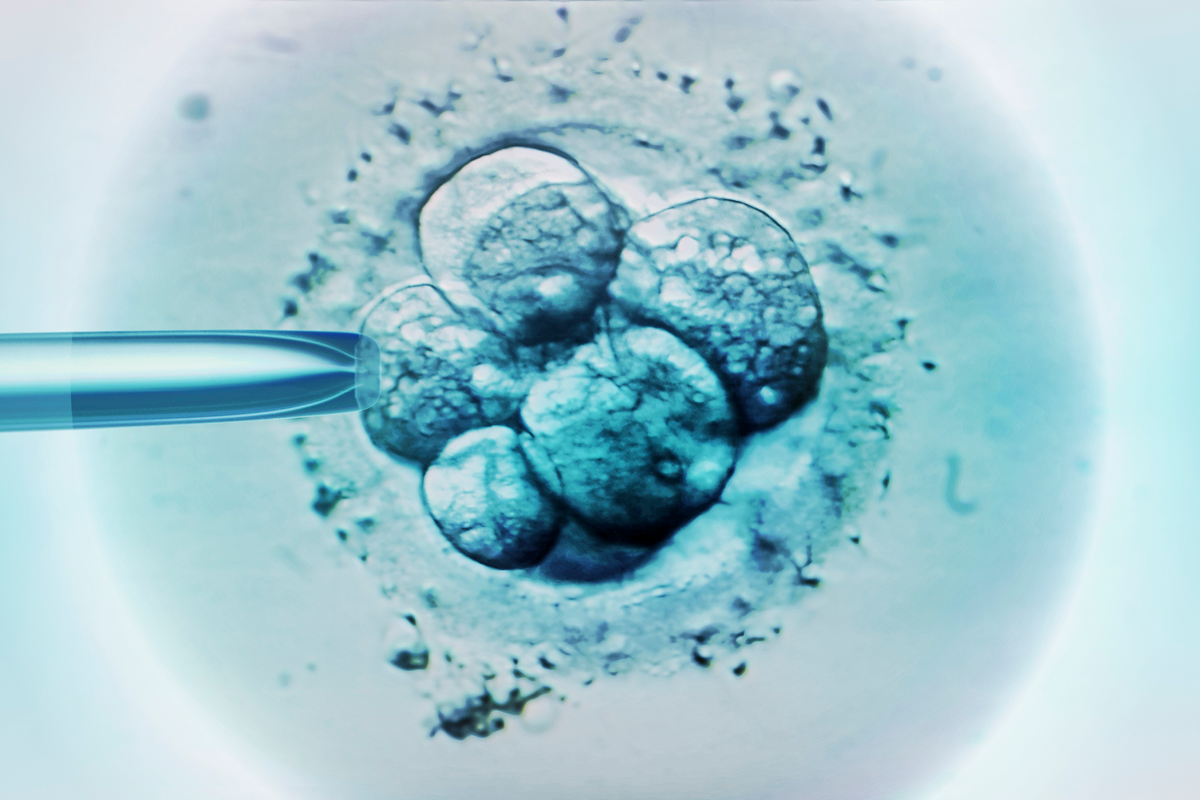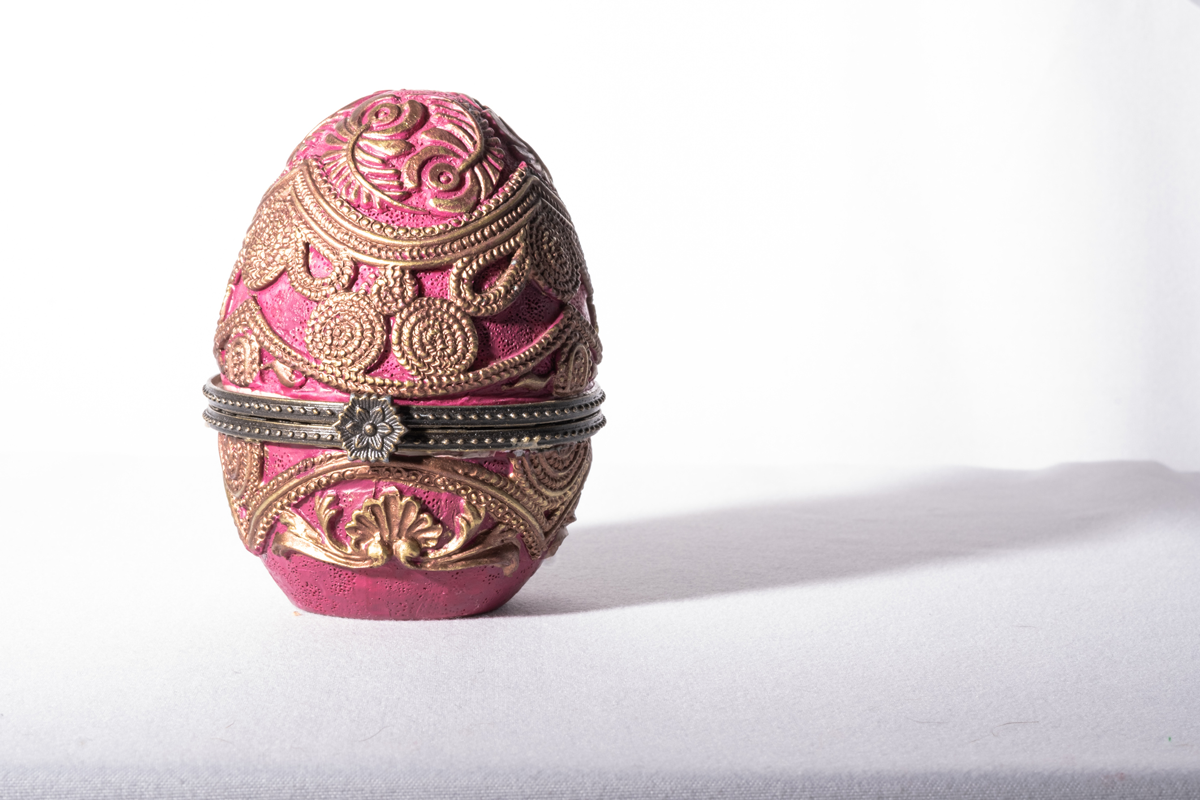My wife and I have gone through six rounds of intrauterine insemination each (all unsuccessful), so we are going to try IVF. I’m an ultrarunner who has completed several 100-mile races and a 290-mile race as well. I cut back on my running during the months I was trying IUI. Currently I’m averaging about 50 miles a week to train for a marathon. I’ve also got a 100-miler on the calendar, with plans to take a few weeks easy after the marathon and then build back up to about 70 miles a week.
When we asked our doctor about if I should change anything about my running if I were going to do an egg retrieval (I don’t plan to carry first, but we are considering reciprocal IVF), she recommended cutting back before the retrieval by 20%, but it seemed like a fairly arbitrary answer. Her thought is we could do it between the marathon and the 100-miler.
Is there data about exercise/distance running and egg retrieval success? We want to move quickly with IVF, but I’ve also put a ton of work into this training cycle and don’t want to throw it all away. That being said, we would prefer the reciprocal option if the data says that can happen without me throwing away the 100-miler. Any info available?
—Hopeful runner mom
Two hundred ninety miles?! That is crazy awesome. I have so many questions.
There is plenty of data adjacent to what you want. On one hand, there is data on endurance sports and menstruation. For women who engage in intense endurance sports — distance running, cycling, swimming, etc. — there is a significant risk of underfueling, which can impact your menstrual cycle and overall health. This is an issue that is increasingly recognized among female athletes. It relates to the female athlete triad: underfueling leading to loss of menstruation and bone-density issues.
The process for promoting egg production through IVF “games” your menstrual system a bit, by hyperstimulation, but it seems possible that if you’re overall undernourished, it could affect the success.
On the other side, we have reassuring data about endurance sports and pregnancy. If you’re menstruating normally, there isn’t anything in the data to suggest you would have a harder time getting pregnant, and exercising during pregnancy is generally considered a plus, even at higher intensity levels. I understand this isn’t quite your question, but it’s question-adjacent.
Unfortunately for you, but perhaps not surprisingly, there is little or no data on IVF egg cycles among ultrarunners. In fact, there isn’t much data on either pregnancy among ultrarunners or IVF among runners at lower levels of intensity. The recommendation to reduce by 20% cannot be based on data, since there isn’t any data.
There is an additional factor I would bring up. For many women — not all, but many — the process of IVF egg retrieval has some significant side effects, including mood alterations, fatigue, and general physical discomfort. Running 100 miles a week during this period may be a challenge even if it doesn’t have any impact on the egg success rate.
Realistically, I think this is a place where data isn’t going to answer your question. Your body may force a slowdown, so I probably wouldn’t plan a peak week of 100-mile race training when you’re in the middle of this. I also do not see anything compelling to force you to drop miles in service of eggs.
Community Guidelines




















Log in